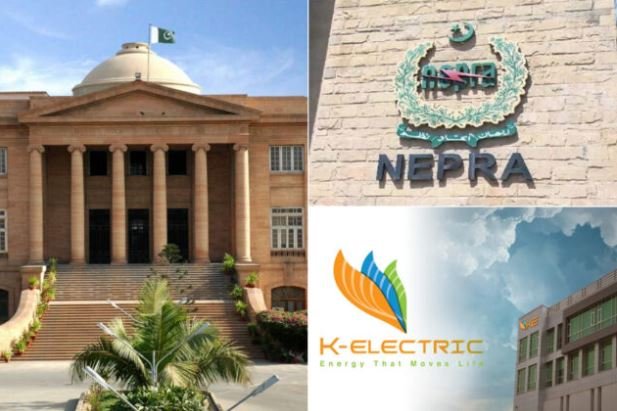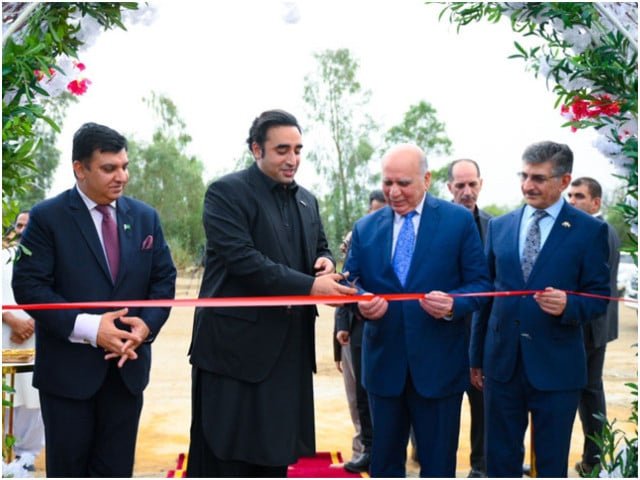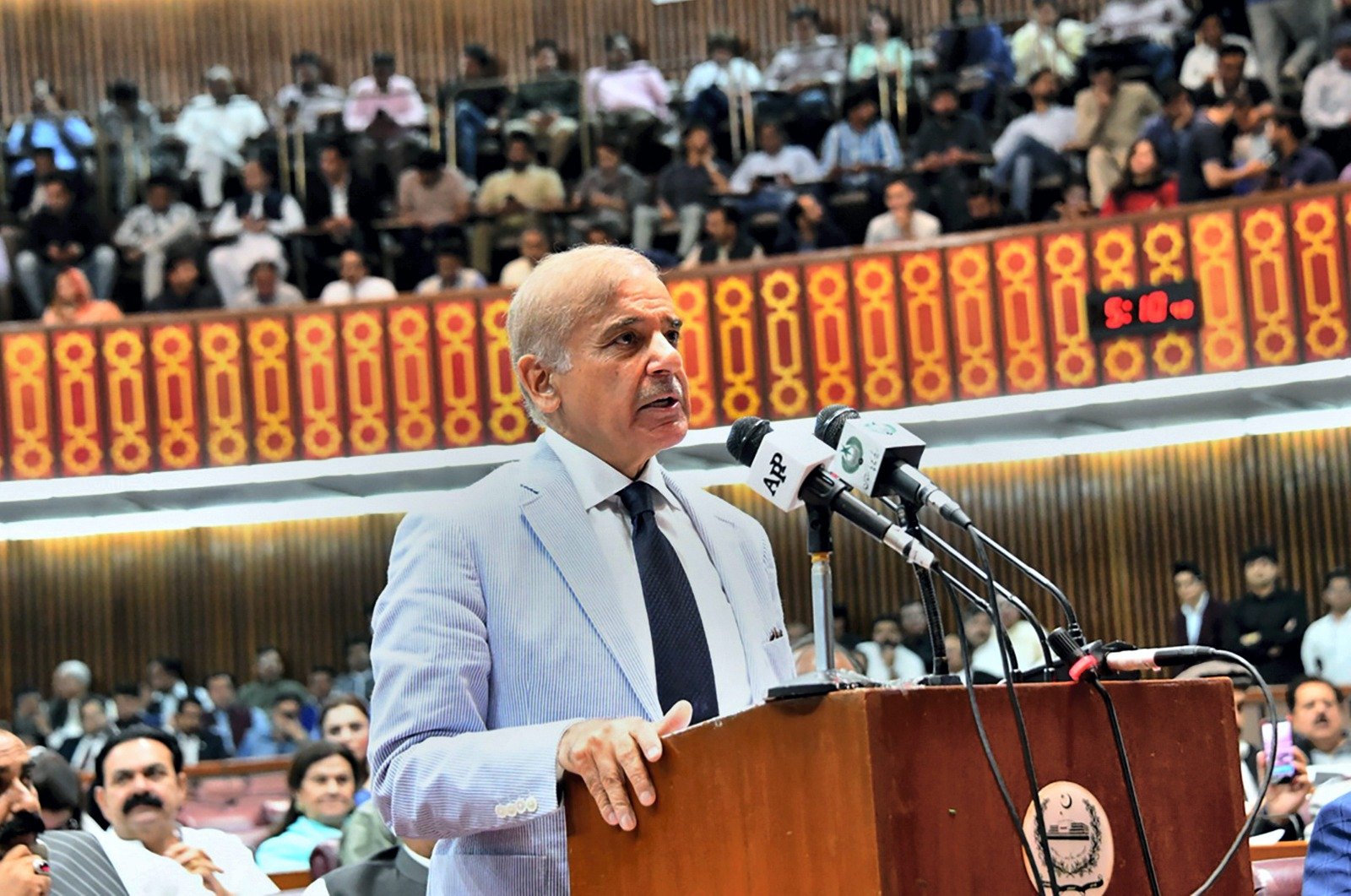Sindh High Court Seeks NEPRA’s Response on Load Shedding During Heatwave

The Sindh High Court has officially requested a response from the National Electric Power Regulatory Authority (NEPRA) regarding a petition filed against load shedding during the recent heatwave. This action comes as the residents of Karachi continue to face persistent electricity shortages, particularly during the city’s extreme weather conditions.
Petition Against Load Shedding Amid Heatwave
The petition was brought forth by residents of the North Vista area, who have been struggling with frequent power outages during the oppressive heatwave. The residents argue that the ongoing load shedding is not only inconvenient but also poses serious health risks given the extreme temperatures. During the court hearing, K-Electric, the primary electricity provider in Karachi, submitted its response, challenging the petition’s validity.
K-Electric’s Stance:
K-Electric contends that the petition filed by North Vista residents is not maintainable, citing a prior Supreme Court ruling that discourages directly approaching the court without first exhausting regulatory remedies. The company claims that load shedding is only conducted on feeders where there is a technical loss, and these actions are in accordance with their established policies.
However, the residents are challenging this explanation, insisting that the feeder in question has been categorized as a “no losses” feeder. This categorization should exempt the area from load shedding, according to the company’s own policies. The residents argue that K-Electric is violating its load shedding policy and that NEPRA is failing to enforce proper oversight.
Petitioners’ Argument
The petitioners’ lawyer dismissed K-Electric’s defense as irrelevant, stating that it does not address the real issue at hand. The lawyer highlighted that a formal complaint had already been filed with NEPRA, yet no decisive action has been taken, leaving residents without relief. The lawyer questioned the justification for load shedding in areas reportedly free from losses, alleging that this reflects a broader policy failure on K-Electric’s part.
“The response from K-Electric lacks any substantial justification for the continued power outages,” the petitioners’ lawyer asserted. “We have complied with all necessary legal channels, including filing a complaint with NEPRA, which remains unanswered. This inaction further compounds the hardship faced by the citizens.”
The petition highlights a growing frustration among residents who pay their electricity bills on time but continue to suffer from what they perceive as avoidable power interruptions. It alleges collusion between NEPRA and K-Electric, suggesting that the regulator’s inactivity allows K-Electric to persist with unwarranted load shedding.
Court’s Directive
After considering the arguments presented, the Sindh High Court has directed NEPRA to provide a detailed response at the next hearing, which is scheduled for August 5th. The court seeks clarity on NEPRA’s position and its oversight responsibilities concerning K-Electric’s load shedding practices during severe weather conditions. This move by the court underscores the importance of regulatory accountability and the protection of consumer rights in the face of utility management challenges.
The High Court’s intervention is seen as a significant step towards addressing the ongoing grievances of Karachi’s residents, who have long endured the twin challenges of oppressive heat and electricity shortages. By demanding a response from NEPRA, the court is emphasizing the need for a transparent examination of the power sector’s operations and policies in the region.
The next hearing is highly anticipated, as it will potentially set a precedent for how utility companies like K-Electric are held accountable for service delivery, particularly during critical periods of heightened demand.










